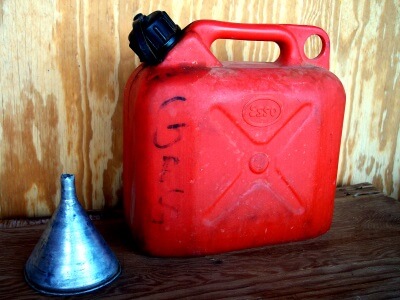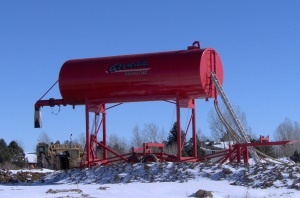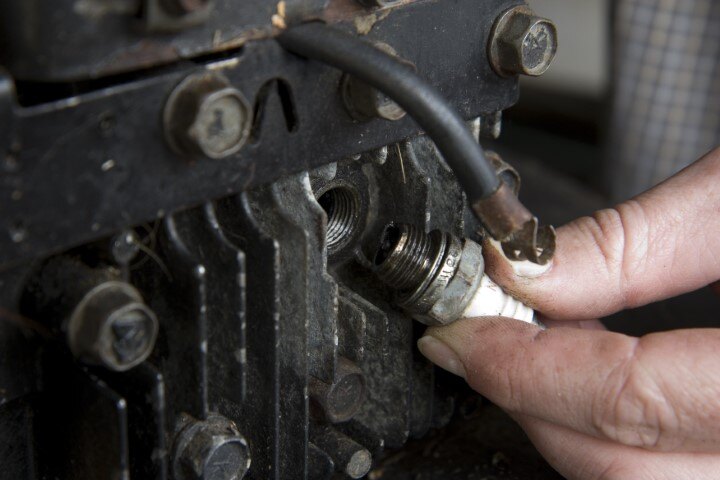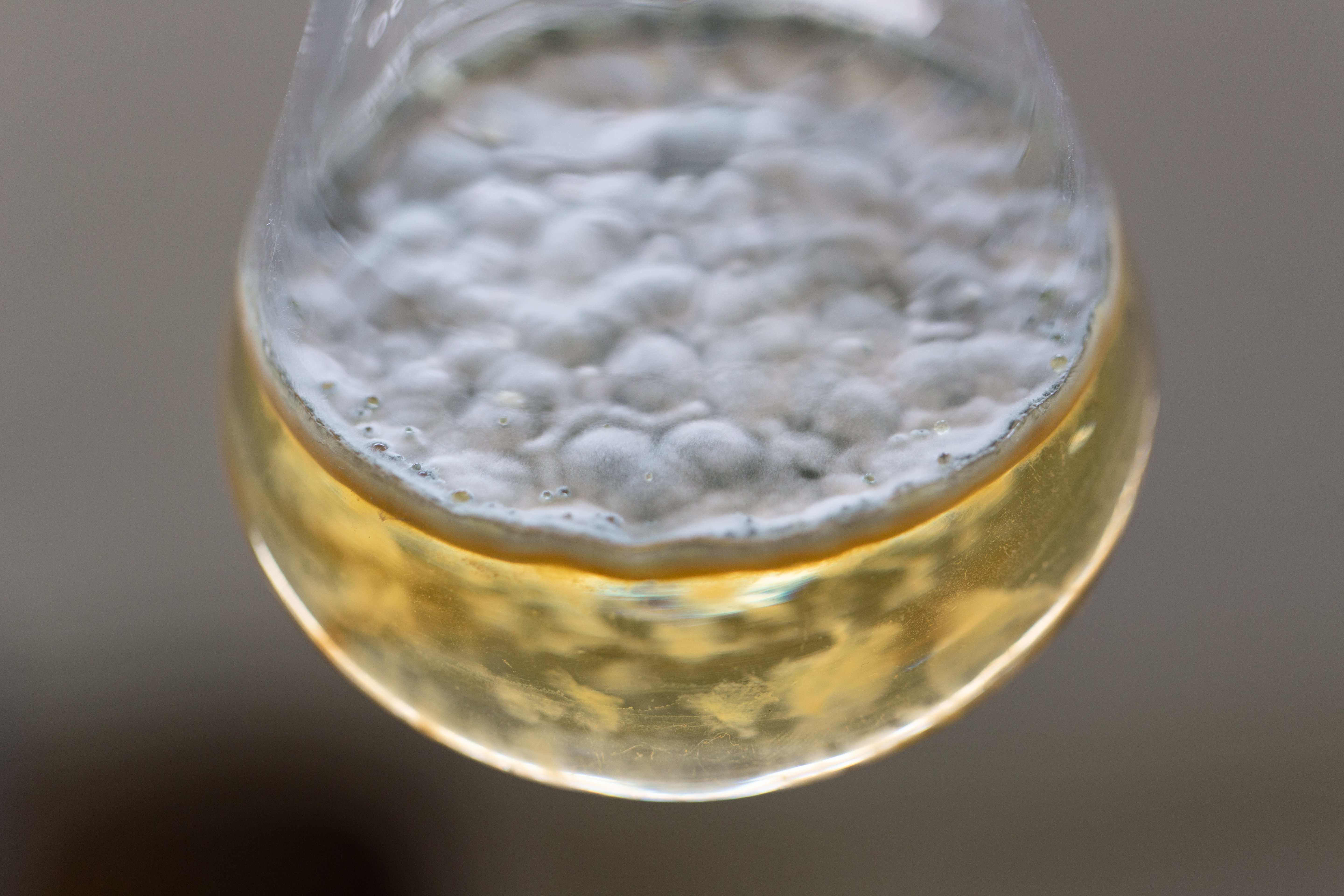Fuel Storage and Aged Fuel Issues - James on Engines #5
Through the Contact Us forms on the Bell web site, we get all kinds of inquiries about fuel problems and engines from the general public. Some of...

Gasoline doesn’t have as large a market for storage additives as diesel fuel because it’s not stored for as long periods of time. In the business world, the typical turnaround for gasoline is 28 days or less. Most fuel suppliers don’t keep gas around very long, so they don't have the same need for gas stabilizers as they do on the diesel side.
It's a slightly different story on the consumer side. Many consumers store small amounts of gasoline in gas tanks or jerricans to use in their small equipment.
These small volumes of gas aren’t stored for much longer than a season (unless you’re a prepper). And the small volumes mean the typical consumer doesn’t have huge financial resources tied up in that fuel if it goes bad (unless you're a prepper). For these average consumers or homeowners, the biggest value in ensuring their stored fuel for their small equipment stays fresh comes from the value of time, expectation and convenience.
They keep stored gas around because they intend to use it later. So what happens if the gas goes bad? It’s not like they lost a thousand dollars on bad fuel. The cost here comes in not being able to do what they need to do, exactly when they need it. Now they have to take time out of their day to go get some more.
At this point, if you were to ask them how much their time was worth, they'd probably say a lot more than it would have cost to prevent the gas from going bad in the first place.
What can make gas go bad like this? If it’s conventional ethanol-blend gas from the gas station, it’s most likely going to be because of phase separation. All gasoline and diesel has a certain amount of dissolved water content in it. It's always there.
When you mix ethyl alcohol into fuel, it increases the affinity for that fuel to absorb more water from the air around it. All ethanol gasolines have a limit on the amount of water they can absorb before something happens. That "something" is a disruption of the homogenous blend state of fuel and alcohol. The alcohol now becomes insoluble and falls out of solution. At the same time, it mixes with the excess water, giving you a layer of alcohol and water at the bottom of the container.
If this was put into a fuel tank, and the fuel pickup sucked up some of this mixture, it could cause engine damage (because it would burn significantly hotter than the fuel itself). Just as problematically, the fallout of the fuel’s alcohol lowers the octane value of the fuel, leaving you with a poor quality fuel that probably will not run right in your equipment.
To minimize the chances of this happening, professionals recommend keeping your containers as full with fuel as possible. The less air space you have in the container, the less water the fuel in that container is going to absorb.
But even that isn’t going to guarantee that the fuel doesn’t absorb water or have a chance to undergo phase separation. The best way to stave that off is to use a gasoline fuel stabilizer. While not as widespread as diesel stabilizers, there are some options for gasoline out in the marketplace. Many of these offer multifunctional value, in that they do multiple things for the money you spend. Or at least, they claim to do multiple things.
Look beyond any claims about a product being able to do 5 or 6 things. The most important features you want to look for are two-fold: first, they need to have an economical treat rate. It should not cost you an arm and a leg to make sure your 5-gallon can of gas lasts through the summer. A treat rate somewhere between 1 ounce to 4 gallons and 1 ounce to 10 gallons is going to be your sweet spot between being economical to use and ensuring the additive has enough active ingredients in it to effectively do what it says.
This latter part is very important. To be effective, a fuel additive or gas stabilizer has to actually have enough stabilizer ingredients in it to work. The lower the treat rate, the less “space” there is to have active ingredients that work. Something that claims to do 5 or 6 things (including stabilize your gas) at a miniscule treat rate of 1 oz. to 30 gallons or more, probably isn’t legitimate and is something you should avoid, for the sake of your wallet.
The second important feature is that it should prevent phase separation without containing alcohol. Cheap fuel alcohols use alcohol in their formulation because it gives the appearance of absorbing water, but only in the short term. A good gas stabilizer should be able to ward off phase separation without using alcohol to do so. Ultimately, this is the reason why you're spending money on it in the first place.
Image Credit: cohdra at Morguefile.com

Through the Contact Us forms on the Bell web site, we get all kinds of inquiries about fuel problems and engines from the general public. Some of...

Remember how smooth your lawnmower ran when you first used it? Regular lawnmower maintenance will keep your mower in top running condition and will...

Spring is getting ready to start on March 21st and it won't be long after that we will start breaking out the boats and the spring/summer equipment....